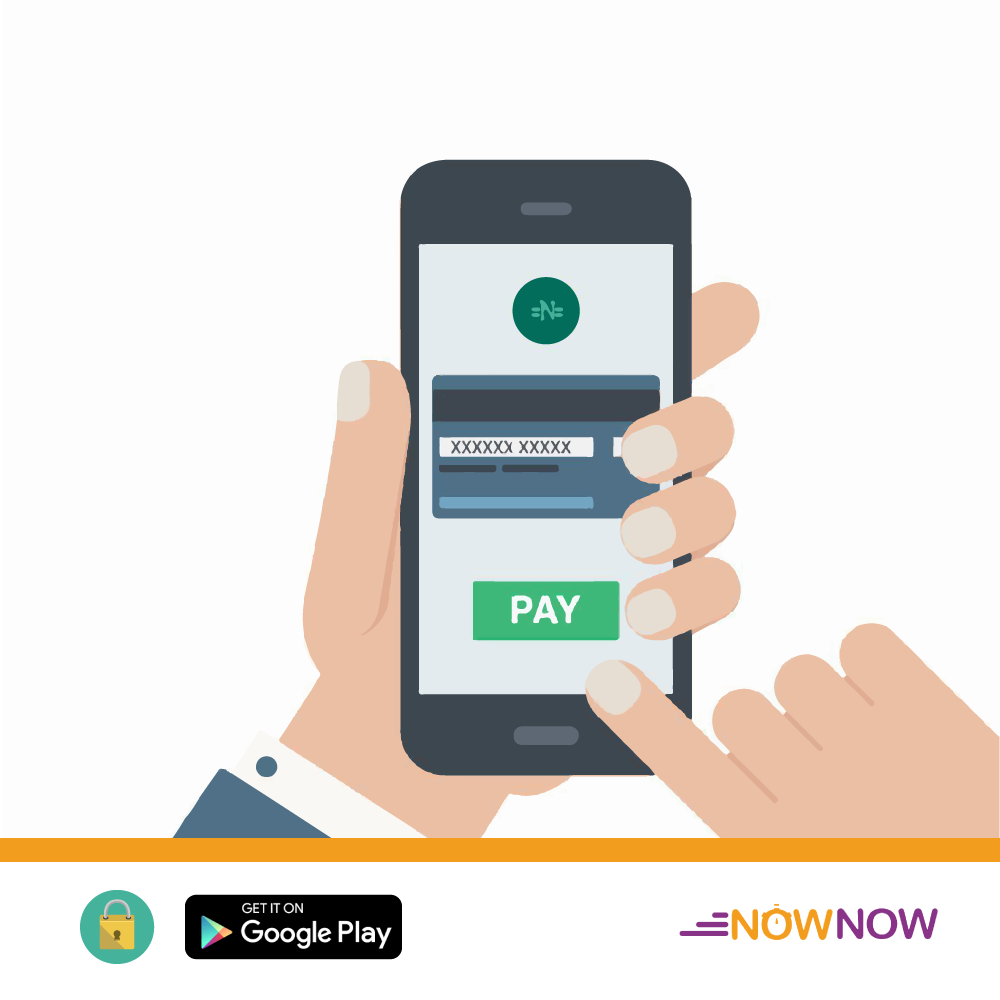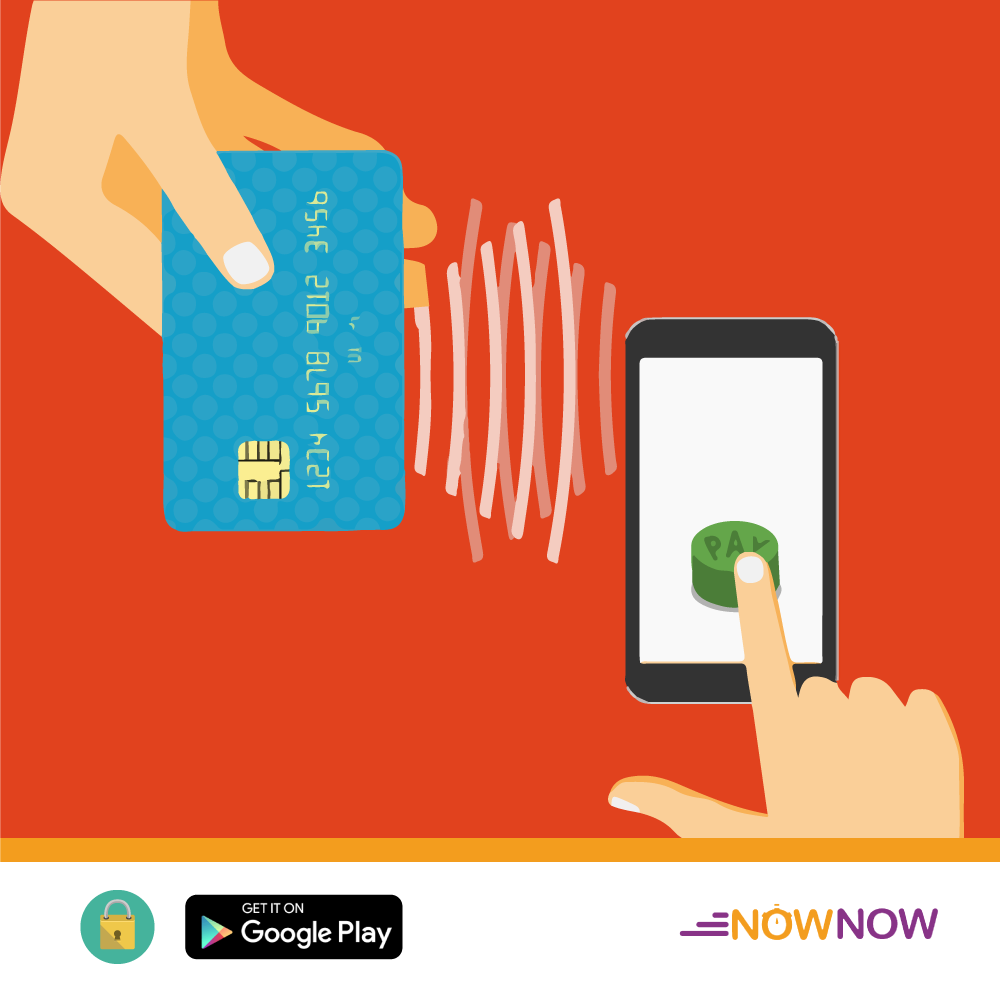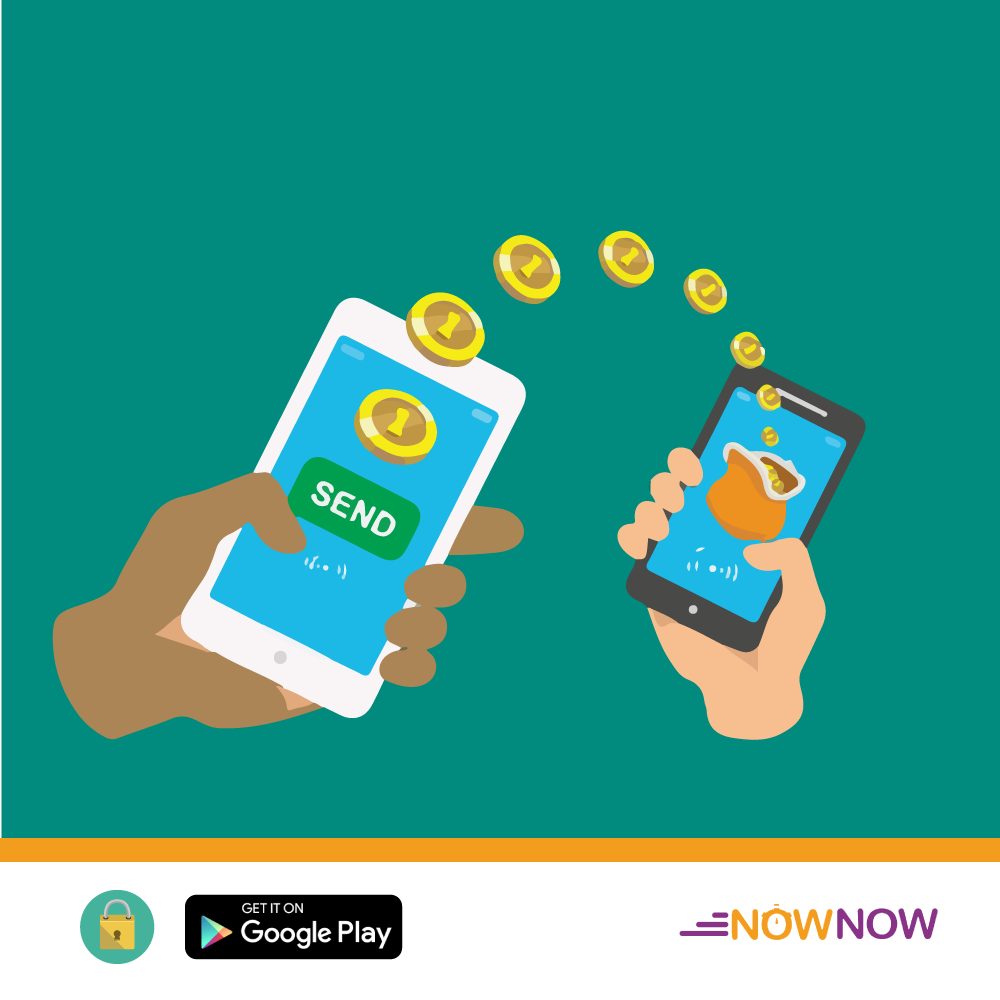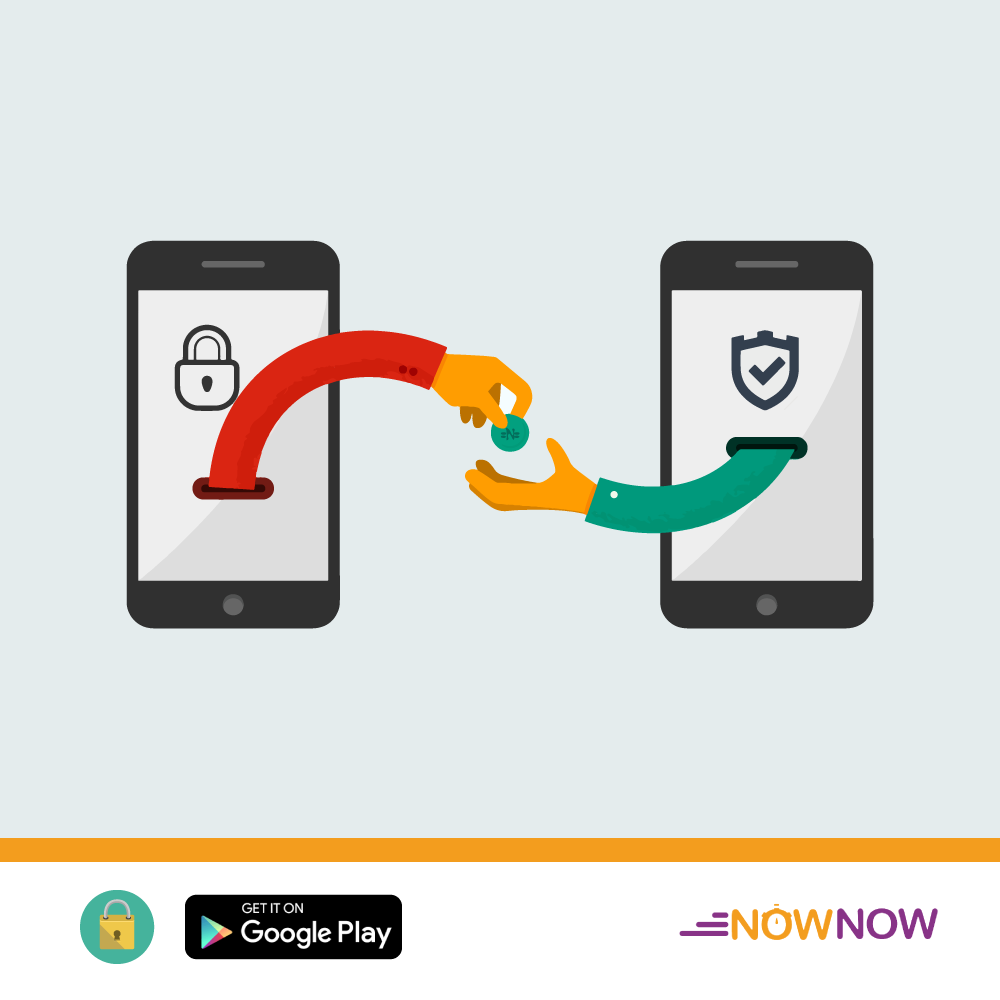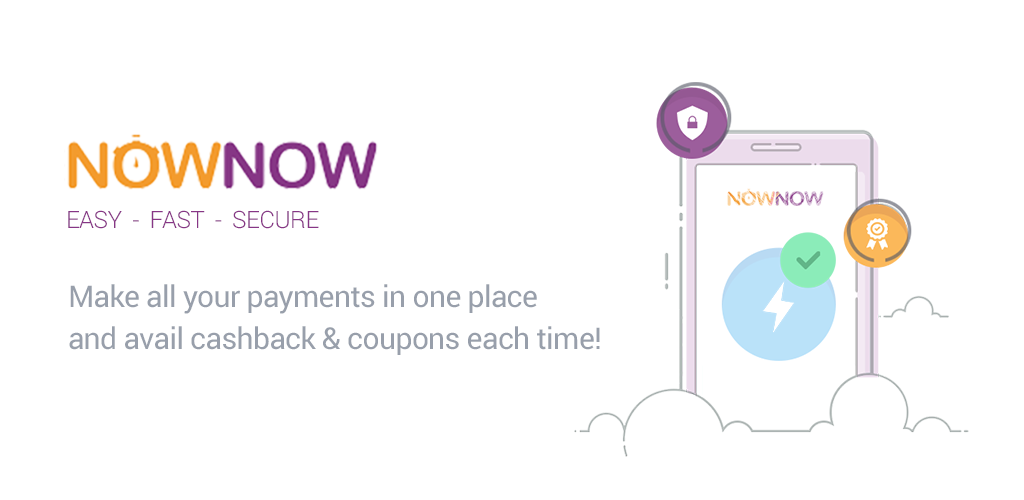
Financial literacy across the world is low, as only 33% of adults globally are financially literate. According to Standard & Poor’s Global Financial Literacy Survey, in African countries, the percentage of financially literate adults hovers within the 26% range (Nigeria) and the 42% range (South Africa). A comparison with Europe, where the percentage hovers between 65%-75%, and the United States, where the rate is 57%, suggests that African adults might find it more difficult to create and maintain wealth than their Western counterparts.
In Nigeria, a report on financial literacy from the Central Bank of Nigeria (CBN) showed that the majority of Nigerian adults want to understand essential financial concepts in making informed decisions about saving, investing, and borrowing.
NowNow Digital Systems, a Nigerian fintech, has raised a $13 million seed round to improve financial inclusion across Africa by providing financial services to the unbanked and underbanked on the continent. The company says that the funding will help it introduce new products that will further enhance its already existing consumer banking, agency banking, and merchant payment solutions.
The company has also partnered with the Lagos Business School’s Sustainable Inclusive Digital Financial Services (SIDFS), a university-based research and advocacy program, to initiate a financial education and literacy program aimed at driving financial inclusion in Nigeria. NowNow wants to utilise SIDFS’s rich data, library content, and resources to provide financial and digital literacy tools for its customers to ensure smart financial planning.
The founders, Sahir Berry and Mahesh Nair told TechCabal that NowNow differs from its competitors, such as Kuda and TeamApt because they have a proprietary infrastructure on their open API network/and an open API network that other financial institutions use to provide access to different markets locally and internationally.
According to the founders, NowNow operates in the B2B sector by offering its platform-as-a-service to enterprises as well as in the B2C sector by offering agency banking to consumers and small businesses. The company claims that it has over 50,000 agents in Nigeria who help customers send and receive money and pay for bills and airtime. Customers can also do these on their own as well as access services such as insurance, loans, and a wallet through the company’s app.
“Unlike many fintechs that are reliant on a commodity-based agency banking model, NowNow has a balanced approach of agency banking, value-added services to the mass consumer and SME market, PAAS to our enterprise customers, and a strong technical infrastructure of modular monetizable fintech solutions,” the founders said.
The funding round was led by NeoVision Ventures Ltd., DLF Family Office, and Shadi Abdulhadi. According to the founders, these investors understood NowNow’s business model, the African market, and what is required to sustain growth in a challenging market. The fintech platform was also recently selected to participate in the Mastercard Start Path Global program, created to help later-stage startups innovate and scale.
The company plans to use the funding to build more financial inclusion digital solutions as well as expand its services across Africa to Angola, where the financial literacy rate is 15%, Liberia, and Equatorial Guinea.
